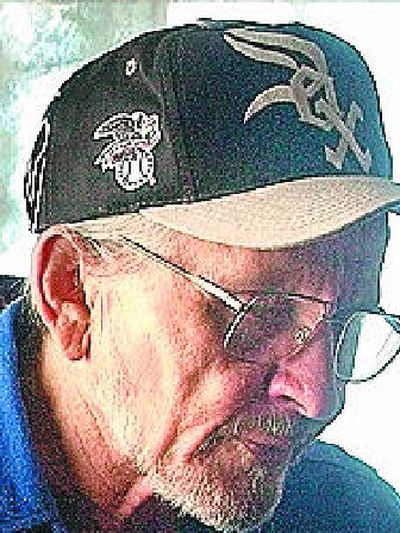Stricken town endures another loss

LIBBY, Mont. – After finishing a shift at the vermiculite mine, Les Skramstad would come home covered in the white dust of asbestos.
He’d find the dust in deep recesses of his wallet.
Skramstad didn’t know it then, but the microscopic asbestos needles also penetrated the air sacs deep in his lungs.
Skramstad, 70, died Jan. 21 from mesothelioma – a rare lung cancer caused by the asbestos he inhaled. He was buried Monday in the Libby cemetery amid the graves of other asbestos victims.
Before being lowered into the frozen ground, his pine casket was dusted by white. This time, it was from a snow blizzard.
The vermiculite mine closed in 1992. It no longer sends hundreds of pounds of asbestos dust into the air each day above this northwest Montana town.
Skramstad devoted the last years of his life to making his town safe again and ensuring the company that ran the mine, W. R. Grace, would somehow be held accountable.
“He felt guilty he couldn’t finish,” said longtime friend Gayla Benefield, who worked with Skramstad on asbestos issues.
While on his deathbed, lungs thickened by scars, Skramstad made Benefield promise to continue fighting for a more comprehensive cleanup and for better health care for the many residents who continue to be diagnosed with lung ailments. Benefield made the same promise to her mother, who also died of asbestos-related problems.
According to a 2001 federal study, at least 1,500 current and former residents of Libby will face disease or death from the asbestos. They include Skramstad’s wife and the oldest two of his five children, all of whom survive him.
But that estimated number of victims is obsolete; each year more Kootenai Valley residents are diagnosed.
Skramstad was burdened by guilt because of the asbestos fibers he unknowingly brought into his home. In a 2001 interview with The Spokesman-Review, he explained his motivation for suing W.R. Grace and becoming a community health advocate: “It’s the only thing left that I can do to make up for what I did to my family. It’s the only thing left I can do for this community. Maybe if I’ve helped somebody, maybe that will help square the deal – somewhat.”
Chairs couldn’t be set up fast enough to accommodate the crowd that turned out Monday at Libby Christian Church. The 400 or so attendees had to wait for the funeral to start – the band had been delayed by the blizzard and it was out of the question to start the service without the band.
Skramstad loved music. His longtime bass guitar was propped behind his casket.
While the crowd waited, photographs of Skramstad’s life were projected on the church wall. There was a black-and-white shot of a boy growing up on the North Dakota prairie. A beaming young man standing in front of church next to his bride, Norita, who would stand at his side for 51 years. A man wearing a cowboy getup and holding a guitar.
Then a shot of Skramstad digging through asbestos-tainted dirt – people here used the stuff in gardens; it covered the Little League field and high school track.
There was also a shot of Skramstad sitting in a doctor’s office, next to a wall of x-rays of his poisoned lungs.
After the band arrived and music played, Skramstad was remembered by his friends.
“You have my word that I’ll honor Les by doing what’s right for Libby,” Sen. Max Baucus said in a videotaped eulogy from Washington, D.C.
In the back of the church was a framed copy of a proclamation Baucus read on the floor of the Senate the day after Skramstad died. In it, Montana’s senior senator vowed to continue fighting to hold W.R. Grace accountable.
Libby residents “deserve to see those responsible go to prison for what they did,” Baucus wrote.
Reports show the company did little to protect its workers or the town from a substance it knew was dangerous.
Skramstad’s friends and family insist that he wasn’t bitter about his disease.
“We took that energy and did something constructive,” said Benefield, who was recently diagnosed with asbestos-related health problems.
Benefield said it’s doubtful Skramstad ever recovered from the day he learned his wife and two oldest children were also sick. “I’ve never seen Les so hurt in my life,” Benefield said. “He was so hurt. He felt so guilty.”
A federal trial is planned for September for the executives and managers who ran the mine. Skramstad “wanted to be front row at the trial,” Benefield said.